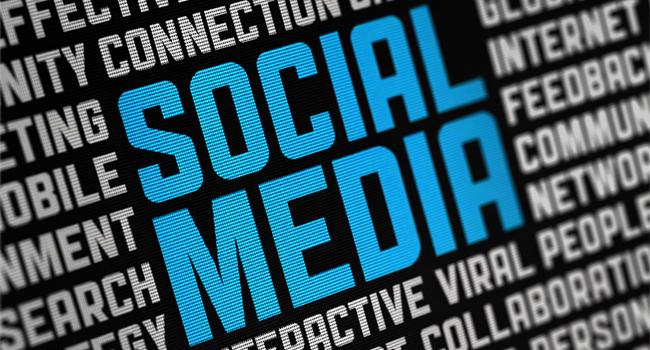Social media use in Egypt represents a staggering 68.21% of the total online population (mostly Facebook); people spend more time browsing their friends’ profiles than actually engaging in conversation or meeting face to face. As more and more time is spent browsing the countless status updates, shares and likes, life becomes flat. Reflecting on personal experiences, news on Syria’s massacres and the sad loss of 100s have become equal to news of a new baby and birthdays, as the reaction on Facebook for both negative and positive activities is “like” and “share”.
Let’s study what is “like” and “share”, for a moment. In a not-so-distant time “like” used to express our agreement on an action. It used to stand for our support and consent of an action. “Share” has always been going that extra mile of liking; it’s the affirmation and unity in both action and emotion on a particular activity to the extent that a person wants to show their audience their full support (or ultra-dislike in some cases, like rival political parties supporters sharing each other’s current news.)
Due to current events and turmoil in certain areas, I have observed timeline browsers shifting between the various news from everywhere and I have watched users’ emotions: notably their facial expressions, the occasional nod of agreement or disagreement and smirks on a meme comment here and there. Over time, those reactions have flattened, and a view of a child’s dismembered body in a civil war elicits the same level of emotions as a birthday photo of another friend’s party, just above the previous post.
My fear is that recent anomalistic evolution of social engagement through platforms such as Facebook and its kind are causing more harm to the human psyche than good. New social media aids in flushing what used to be genuine human expressions towards anger hatred, laughter and joy; it has removed all the hard bold lines between them in a flash, turning all of them into flash cards that have no meaning to the reader’s mind.
- Advertisement -
As an experiment, have an internet connected laptop ready and ask one of your friends to log in to their Facebook page, let them go through their timeline and watch their reactions. Results will vary from user to user according to the time they spend online and how much they get involved and interact with their friends online. However, for the majority, a stiff lip will be expected.
We need to evaluate the role social media plays in shaping the human psyche. In the past, how and when news was shared was fairly more predictable. If we wanted to know that happened in the world we watched the news; birthdays and new-born babies were introduced by people first hand and we all shared emotions in person. Now a sidebar tells us whose birthday is it today and even gives us the opportunity to wish all of today’s born a happy birthday.
Instead of valuing the smile and firm handshake, a new quantitative form of appreciation has risen: how many of my 700 friends list wished me a happy birthday vs who really cared and wanted to be there by my side. Although not so dark a picture, the fact that time is becoming tighter and tighter and that distance plays a crucial role in our interaction with our friends, the true question here is how to reap the benefits of such social media, without all of its negative effects.








